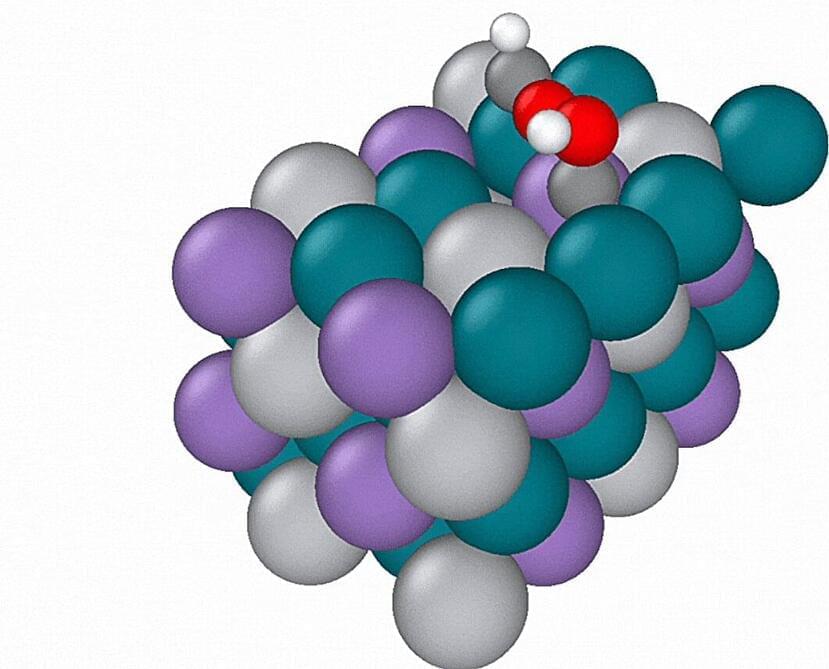Quantum calculations of molecular systems often require extraordinary amounts of computing power; these calculations are typically performed on the world’s largest supercomputers to better understand real-world products such as batteries and semiconductors.
Now, UC Berkeley and Lawrence Berkeley National Laboratory (Berkeley Lab) researchers have developed a new machine learning method that significantly speeds up atomistic simulations by improving model scalability. This approach reduces the computing memory required for simulations by more than fivefold compared to existing models and delivers results over ten times faster.
Their research has been accepted at Neural Information Processing Systems (NeurIPS) 2024, a conference and publication venue in artificial intelligence and machine learning. They will present their work at the conference on December 13, and a version of their paper is available on the arXiv preprint server.
